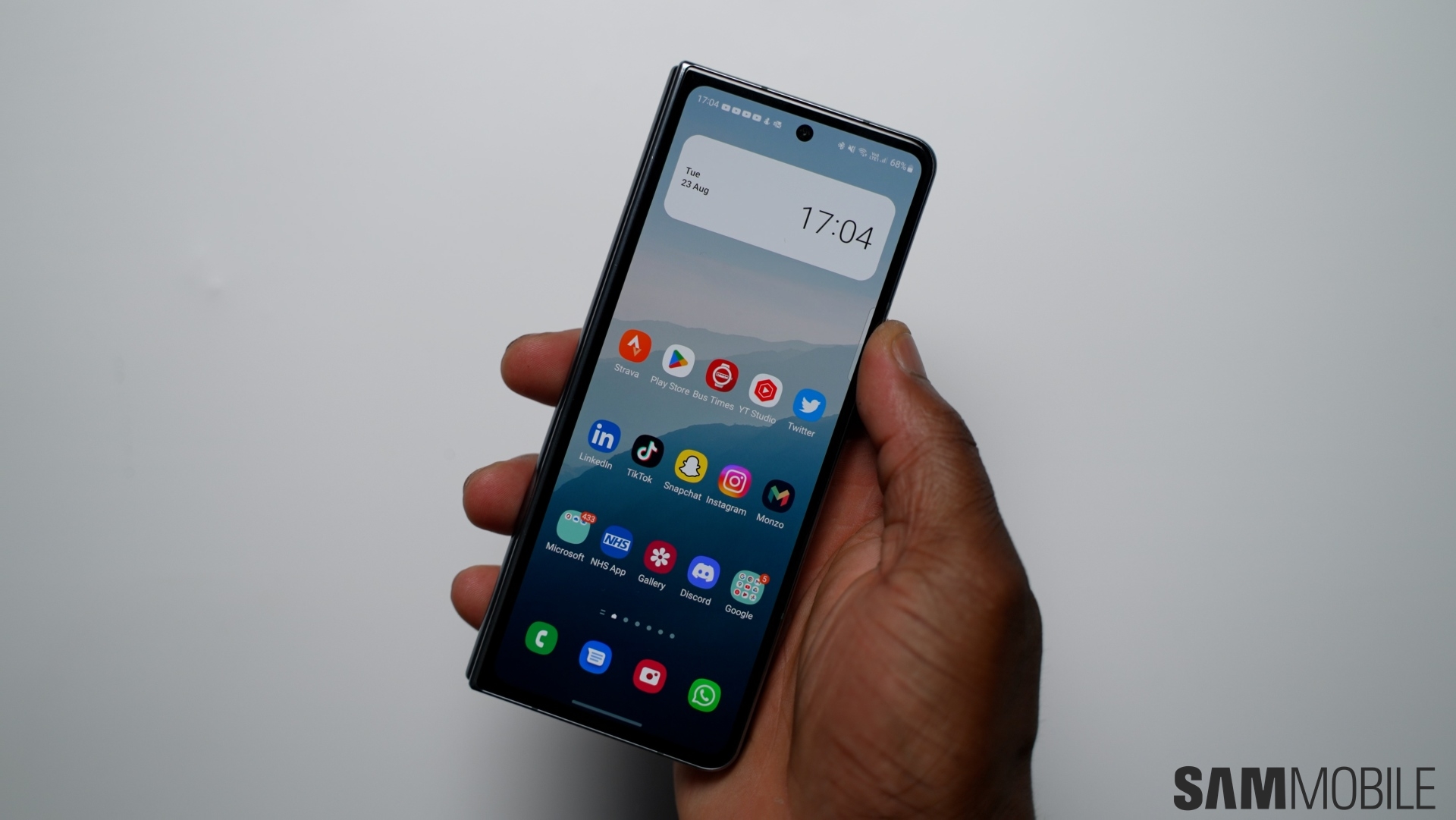Dethroning Samsung has long been the singular goal that Chinese OEMs have been working toward. They tried everything. Whether it was blatantly reproducing its innovations, opting for a very aggressive pricing strategy, going on a marketing blitz or doing everything under the sun to somehow steal market share from the Korean juggernaut. Samsung never underestimated the threat from its Chinese rivals and yet they were able to initially bring themselves into a position where it felt that they could inflict serious pain on Samsung.
The Chinese OEMs were able to gain significant ground in several key markets across South Asia, the Middle East and particularly Europe. The all-out assault on Samsung's market share in these lucrative markets meant that the Korean company had to quickly adapt to the changing market dynamics. Samsung did that by revamping its low-end and mid-range lineups, stuffing them to the gills with new tech and becoming more competitive on price.
Samsung's flagship smartphones remained in a class of their own and the company further diversified its offerings in the high-end segment with foldable phones. It became the first company to ship foldable phones across the globe at scale. Many Chinese OEMs have followed up with their foldable phones since then. However, their market share is nowhere near as high as Samsung's which now thoroughly enjoys the first-mover advantage.
It appears that the Chinese OEMs are considering a bit of course correction. Recent reports have suggested that Oppo and OnePlus may leave the European market altogether. Huawei's troubles are very well documented and its inability to access the Google Play services means that its phones are no longer serious contenders for Android users outside China. Chinese OEMs also appear to be having a rethink of their strategy in some markets across Asia and the Middle East which may provide Samsung with further breathing room in those parts of the world.
There are a variety of factors that have contributed to this ostensibly favorable situation for Samsung, chief among which are geopolitical factors. There's increasing scrutiny of Chinese technology companies in the West and the lack of confidence has grown considerably. Many customers are consciously avoiding Chinese OEMs as a result of this. While Samsung hasn't created this situation, it certainly stands to benefit.
In Europe, the increasing regulatory hurdles have also contributed to the troubles of Chinese OEMs. Device manufacturers are now required to provide at least three years of OS upgrades. Samsung is already miles ahead of the competition as it promises four years of Android OS upgrades for most phones. Self-repairability is another major development that Samsung has shown a willingness to support.
As they were likely operating on razor-thin margins to begin with in these markets, it's possible that these OEMs now find it difficult to comply with these increasing regulatory restrictions without resorting to price increases that reduce the appeal of their devices since the price advantage when compared to Samsung devices effectively goes away.
The situation has changed drastically in just a few years. We've gone from a period where Chinese OEMs were literally breathing down Samsung's neck in some of its most valuable markets to a period where one of the biggest contenders, Huawai, is nowhere to be found. Other major OEMs like Oppo and OnePlus are reconsidering their long-term plans and even the likes of Xiaomi don't seem to have the same wind in their sails as they used to in the past.
Samsung is the biggest beneficiary of their misfortune. It will only help the company become more dominant as the leading Android manufacturer. Samsung's technology isn't viewed with suspicion or concern in the West. South Korea is a close ally of the West, not an adversary like China, and that insulates its companies from the geopolitical challenges that Chinese companies face.
This is all a big win for Samsung but it could also potentially be a big loss for its customers. Complacency could replace the tenacity that it has shown in the face of stiff competition from the Chinese. This may result in fewer substantial upgrades, fewer reasons to aggressively price products and a reduction in incentives or trade-in values.
Customers who are firmly in the Android camp are unlikely to switch to the iPhone. Samsung is the only top-tier Android device manufacturer that provides industry-leading software support. Their options are limited even within the Android ecosystem. This provides Samsung with enough bandwidth to consider complacency in a time where competition from within the ecosystem seems to be waning.
Whether this is how it'll all play out remains to be seen but this is certainly a concern that many of its fans have. There have been preliminary signs of some of these actions already, particularly with the price increases, reduction in incentives, and trade-in values. Customers can do little but reconcile with this new reality.







